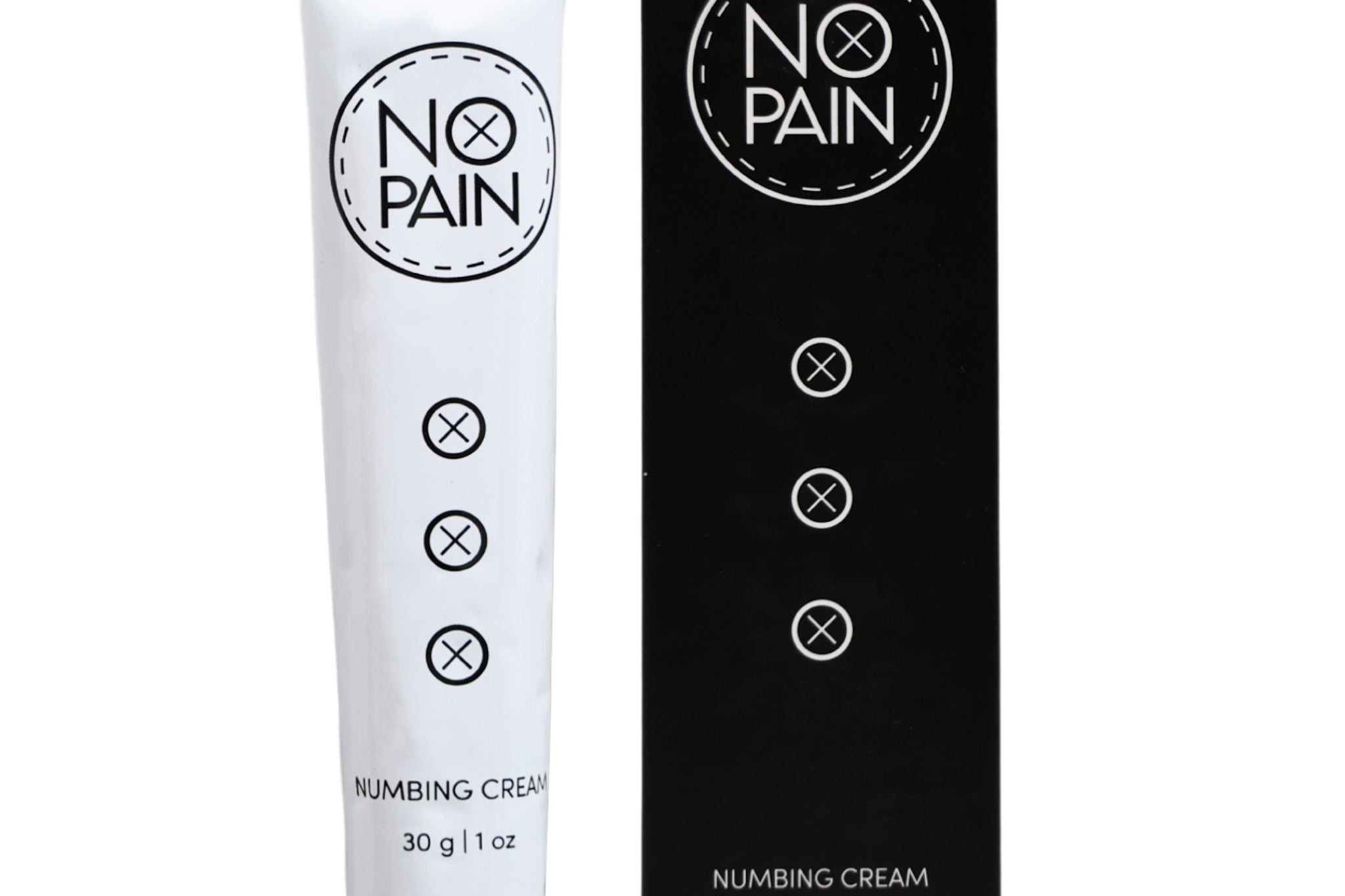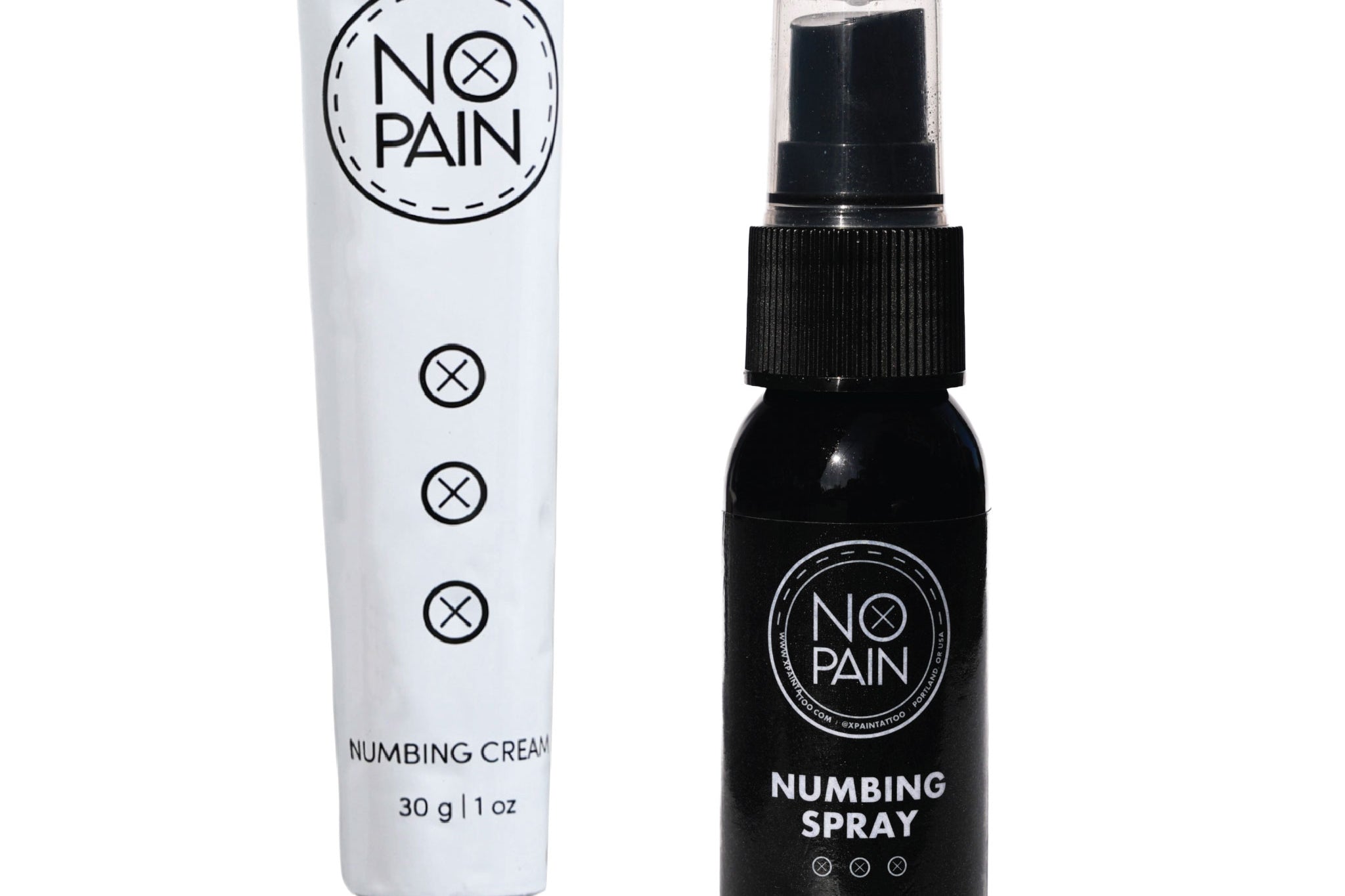You've just come home from a long tattoo session. You feel exhausted, your body aches, and you might even have a low-grade fever and chills. Your first, panicked thought might be, "Is my tattoo infected?" But the tattoo itself looks fine—it's just red and sore as expected.
What you are likely experiencing is a common and surprisingly normal phenomenon known as "tattoo flu." It's not a real flu, and it's not an infection, but it can be an unpleasant and confusing experience if you're not prepared for it.
This is your guide to understanding what tattoo flu is, why it happens, and what you can do to manage it.
What is Tattoo Flu and What Are the Symptoms?
Tattoo flu is the term for a collection of flu-like symptoms that some people experience after a long or intense tattoo session. It is not a contagious illness. It is your body's powerful immune and inflammatory response to the trauma of the tattoo process.
Common symptoms include:
-
A general feeling of fatigue and exhaustion
-
Body aches and muscle soreness
-
Chills or feeling cold
-
A low-grade fever
-
Sometimes, a mild headache or nausea
These symptoms typically appear a few hours after your session and can last for 1 to 2 days.
Why Does Tattoo Flu Happen?
Getting a tattoo, especially a large one, is a major event for your body.
-
The Adrenaline Crash: During the session, your body is flooded with adrenaline to manage the pain. After you leave, this adrenaline wears off, which can lead to a "crash" that leaves you feeling drained.
-
The Immune Response: Your immune system recognizes the tattoo as a large, open wound. It launches a massive inflammatory response, sending a huge number of white blood cells and healing agents to the area. This system-wide, high-alert state is very taxing on your body's resources and can produce the same aches and fever you'd get when fighting a real illness.
The question of "does getting a tattoo weaken your immune system" is a common one. Temporarily, yes. It diverts a huge amount of its energy to healing your skin.
How to Treat and Prevent Tattoo Flu
The best way to handle tattoo flu is with rest and proper preparation.
-
Rest is Your #1 Priority. This is non-negotiable. If you feel sick after a tattoo, it's your body's emergency signal that it needs to rest and recover. Clear your schedule for the next day if possible.
-
Hydrate and Eat Well. Drink plenty of water and eat a nutritious meal after your session to refuel your body.
-
A Proactive Pain Management Plan. The amount of trauma your body experiences is directly related to the intensity of the tattoo flu. A less painful session is a less stressful session for your body. This is why knowing how to prepare for tattoo pain is so important. Using our No Pain Tattoo Numbing Cream beforehand can significantly reduce the initial shock and stress on your system, which can, in turn, lessen the severity of the post-session "crash."
-
Flawless Aftercare. While your body is feeling run down, it's more vulnerable to a real infection. A perfect tattoo aftercare routine is critical. Our No Pain Tattoo Aftercare Bundle provides the gentle Cleansing Foam and Aftercare Balm you need to keep your new tattoo safe while your body recovers.
The Verdict: Feeling sick after a long tattoo session is a normal, physical response to the intense process your body has just gone through. By taking it easy and focusing on rest and recovery, you'll feel back to normal in a day or two, and your beautifully healed tattoo will be well worth the temporary discomfort.




